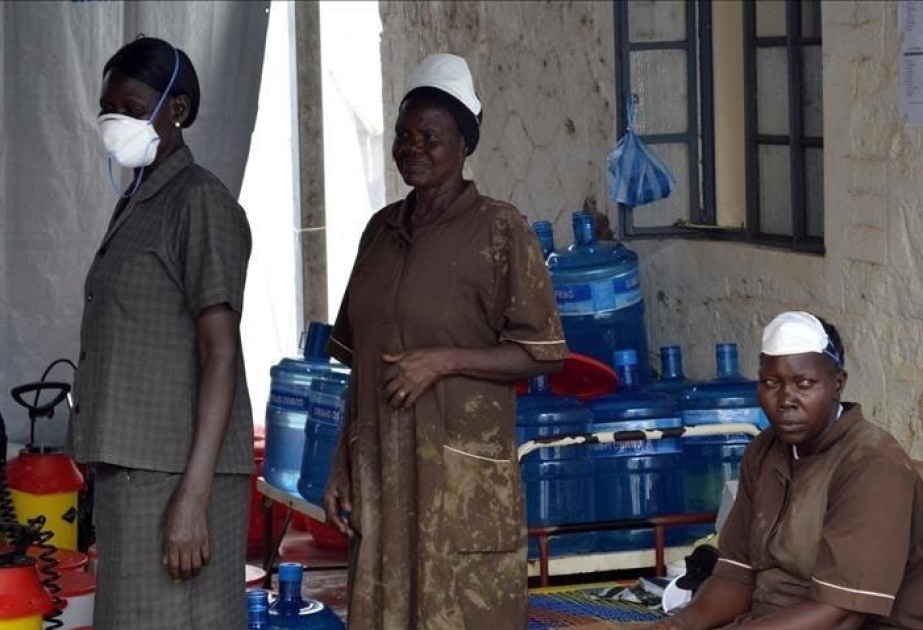Luanda: As of 6 p.m. local time, Angola has confirmed 170 cases of cholera, according to the Ministry of Health. In the last 24 hours, there have been three additional deaths and 51 new cases, with the outbreak now affecting two more municipalities in Luanda province.
In response to the escalating situation, national emergency measures have been activated since the first case was confirmed on Tuesday, as reported by Xinhua news agency.
On Saturday, Health Minister Silvia Lutucuta announced the implementation of emergency response plans, particularly focusing on Cacuaco Municipality, which is the outbreak’s epicenter. Health authorities have stepped up epidemiological and laboratory surveillance, mobilized resources, enhanced public health communication, and improved access to safe drinking water.
“All our efforts are directed towards combating this disease,” she stated.
Additionally, the Ministry of Health held a meeting of the Multisectoral Commission to address cholera at Cacuaco’s General Hospital. Adao Silva, Director-General of the Public Water Company, reported that 17 community water tanks used for drinking water have been cleaned and drained to ensure safer water for the affected population.
Angola’s Ministry of Health (MINSA) has revised and activated its national cholera response plan, mobilizing medical resources and supplies. Key actions include enhanced surveillance, community communication efforts, and interventions in water and sanitation, such as distributing calcium hypochlorite and disinfecting potable water tanks.
The ministry acknowledged challenges in managing the outbreak, notably poor sanitation in affected areas and the absence of potable water systems in high-risk regions.
A cholera case is defined as a patient experiencing severe dehydration or death due to acute watery diarrhea, with or without vomiting, in individuals over two years old in areas where cholera is present. A confirmed case is one where the cholera vibrio has been isolated from stool samples of a suspected case.
